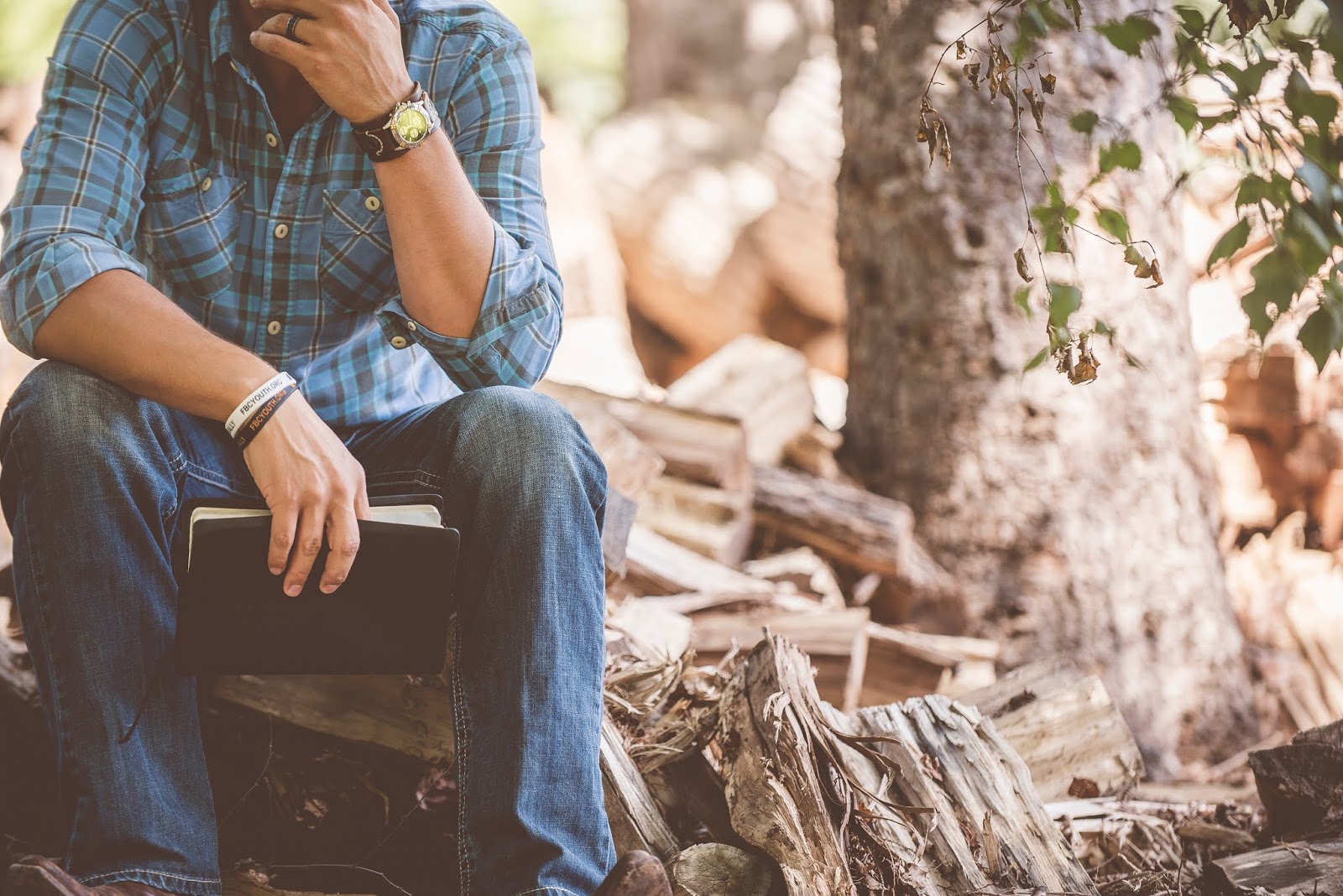Habits: The good the bad and the ugly
If I was to say there is no such thing as a bad habit, would you believe me? In the fact, there is no such thing as a 'bad' habit, only only a bad outcome, (bear with me). Your argument could be, 'taking drugs is a bad habit. It's illegal and messes people up'-right, I get that. For the individual however, what is the purpose of taking the drug? To feel good.
Ok-ok, lets go for a softer example; nail biting. Yes nail biting can damage teeth, damage the skin and cause infection. So why do people do it, even though know it's bad? Comfort! The person could've used this habit in response to fear, anxiety or stress to calm down, to relax and feel comfortable. Now any time the person wants those feelings again (even when there is no obvious stressor) they're doing it with a subconsious-positive intent.
The Habit loop
Every habit can broken down into a very simple process. 'Cue' or 'trigger', which could be for example time, boredom or walking past a bakery. 'Routine' could be, drink a coffee every hour. Scrolling through instagram on your phone, or walking into 'said' bakery. The 'Reward' is personal satisfaction, comfort or happiness.
The response to the habit can be slightly different though...
You are more likely to stick to habit that makes you happy!

Why we have habits
Simply, habits are 'modern world solutions, for old world problems'-survival. For instance, we crave recognition and social acceptance, as 'back in the day', if you were outcast from your tribe, you'd be in danger. The modern day solution is to scroll through social media and check how may likes we have, or how many friends follow us. We start smoking, because our friends at school did. We get on the beers, because it's a Friday night after work with colleagues. Being socially accepted guarantees survival. The result now being, we constantly compare ourselves to others, we get lung disease and we suffer with a hangover every weekend. Harsh.
If we use food as an example, we tend to eat more when there's food in abundance, for example a wedding buffet*. The survival instinct is to consume as much food as possible, because 'you don't know when you'll be able to eat again'. We are genetically made up to eat and hibernate-survival. The result being we consume too much and put on weight.
Setting a better habit
As always, start with your goal. What is the ultimate goal/objective/target? It's important having the goal, but even more important is having the system, the how are you going to actually achieve your goal? Once you've come up with the plan, that sets the wheels in motion, but the result is in the doing. You actually have to start.
Next, to make a habit achievable, you'd best to make it:
Obvious
Attractive
Easy
Satisfying
Habits are 'mental short cuts' built up by repeating patterns, to ultimately take away the slow processes that are inefficient. The more you repeat a habit the easier it becomes, so stick with it. You're not automatically going to see results, but you're certainly on the way.
Keep it real guys
Phil
*Did you know? If you're eating with 7+ people, you will consume up to 96% more food, than if you were by yourself.



